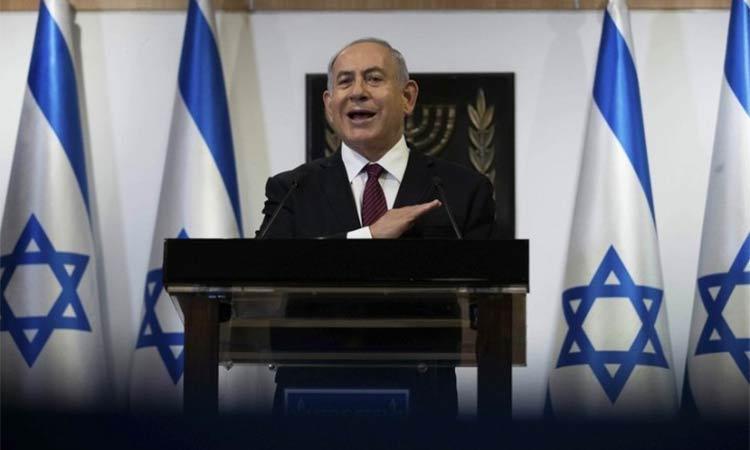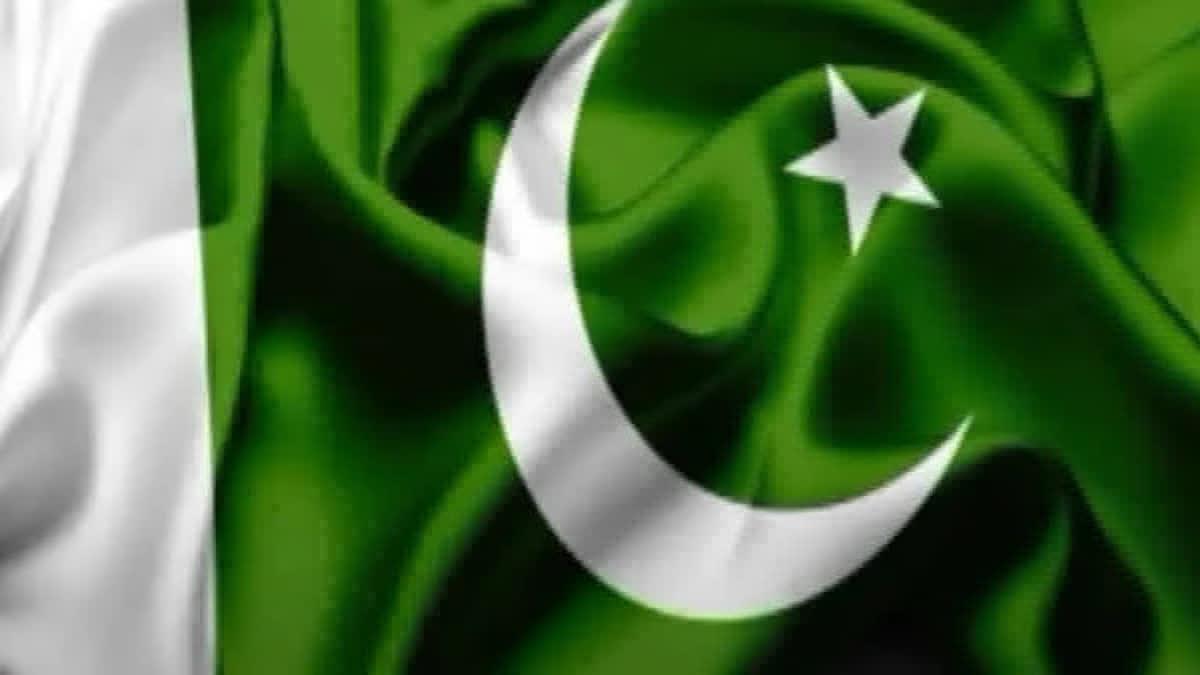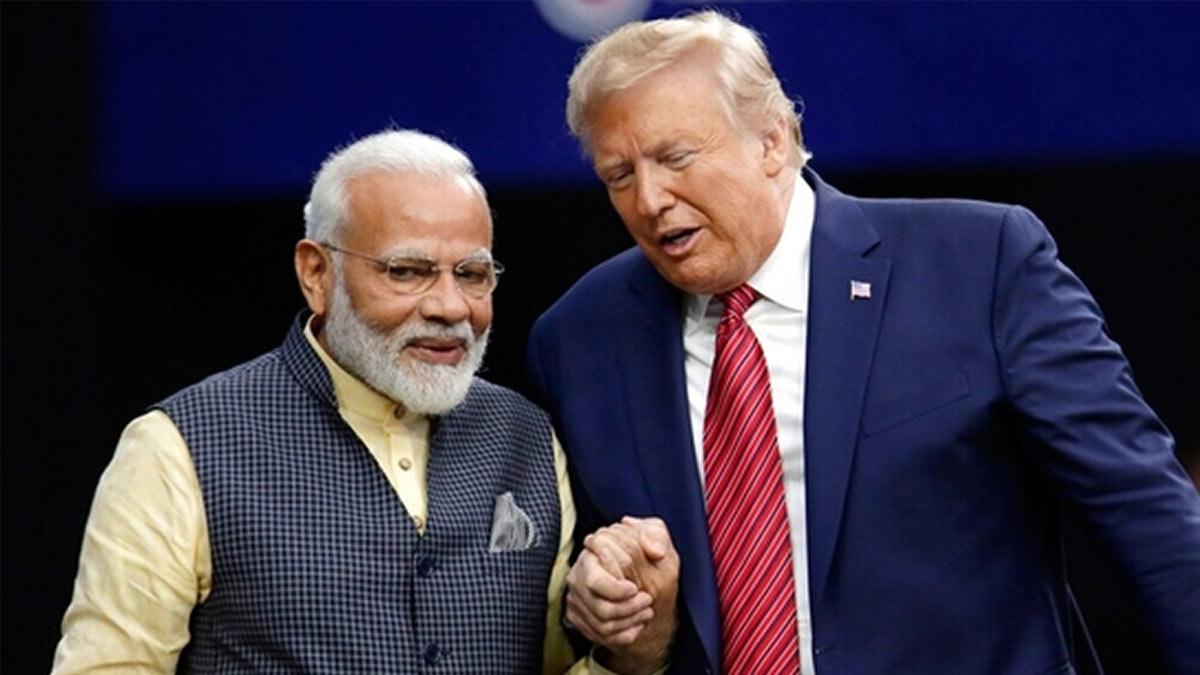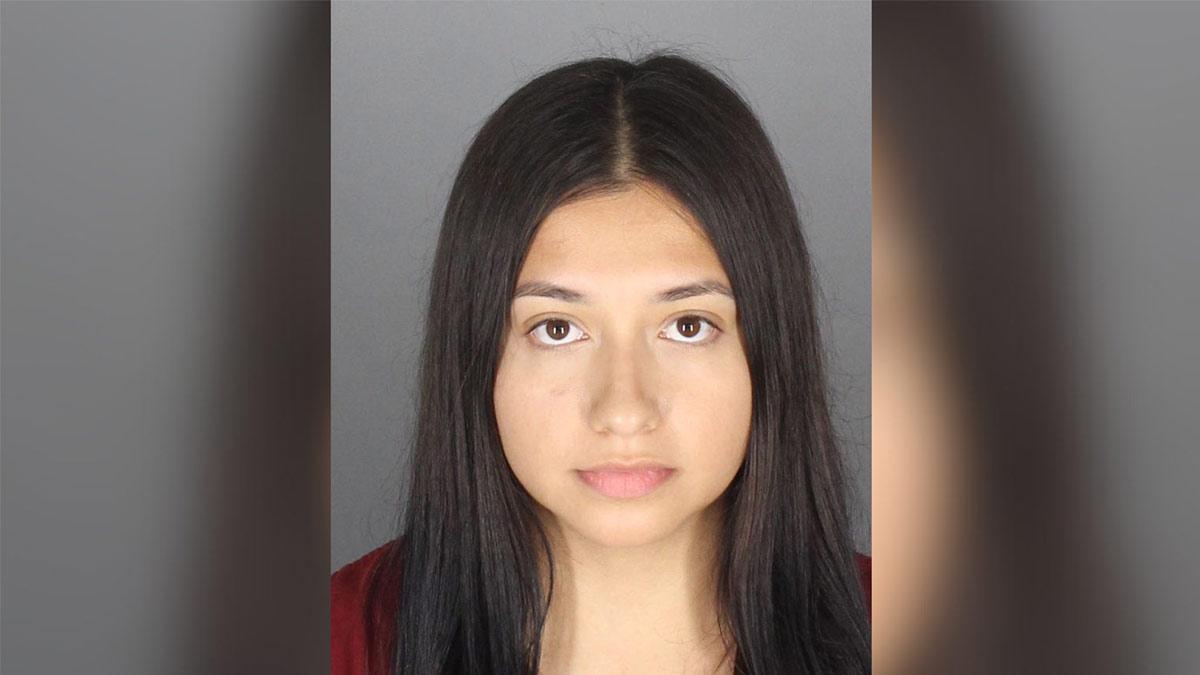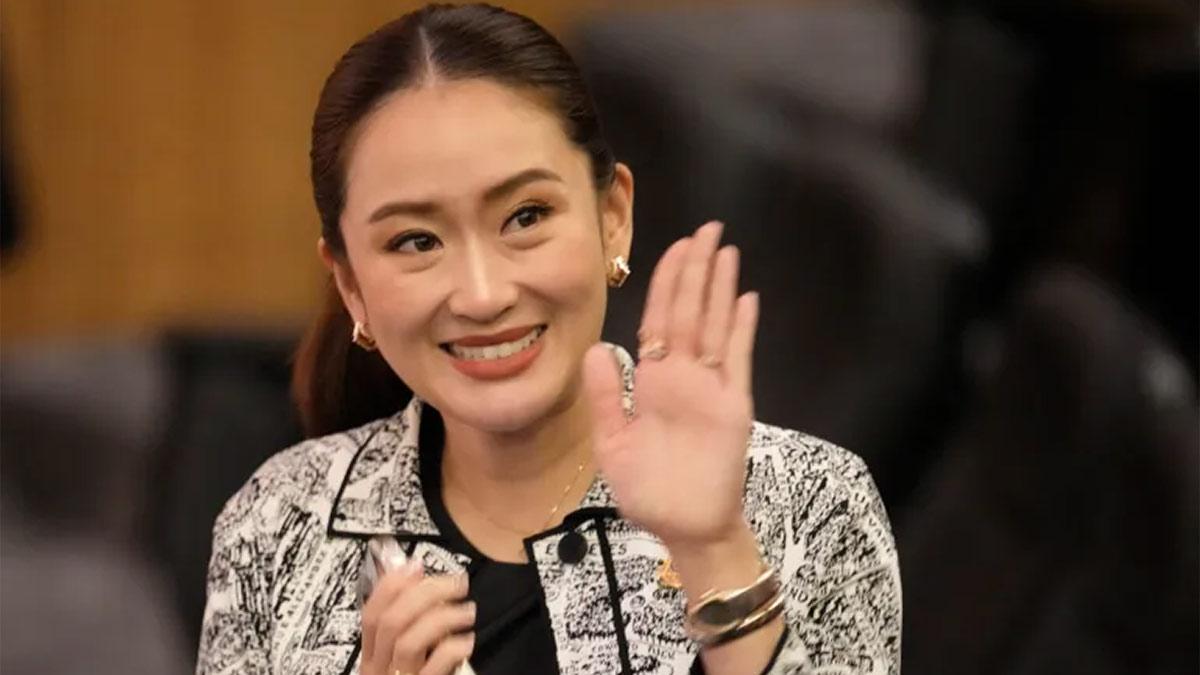Faced with mounting protests, including by at least one minister, Israel Prime Minister Benjamin Netanyahu on Monday announced that his government will delay his controversial justice bill to the next parliamentary session.
The delay comes from a will to reach a broad consensus, he said in a TV address to the country, the BBC reported.
As protests raged and calls were made for a general strike, halting flights from Tel Aviv and led to McDonald's shutting, Netanyahu had called on the protesters on all sides "to behave responsibly and refrain from violence".
A little earlier, a key party in the governing coalition - the far right Jewish Power party - said it has agreed to back a delay to the legislation, if it is submitted in the next session of Israel's parliament.
In his address, Netanyahu said that there are currently two camps in Israel, and the country "does not need" this tension to go on.
He said some people are rejecting military service, "which is in itself a big crime".
This came as the Israel Army called on soldiers to continue to carry out their duty and act responsibly amid social divisions over the government's plans to overhaul the judiciary.
Also Read | 6 killed in yet another US school shooting
There were reports that several people had refused to turn up for their spell of mandatory military service.
Netanyahu also said that his government will never accept a civil war, and they are facing "a crisis that is a real threat to national unity".
Netanyahu said he strived to find a solution as the country was at a "dangerous cross road".
He alleged an "extremist minority" was ready to divide the nation and that the crisis obliges everyone to act responsibly.

